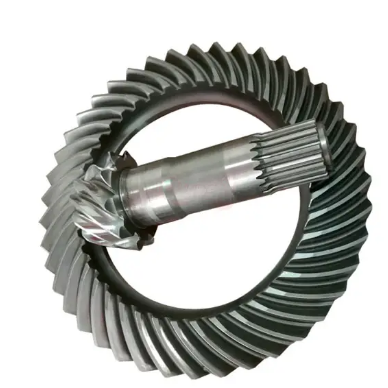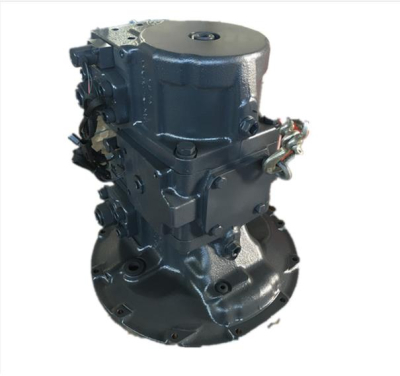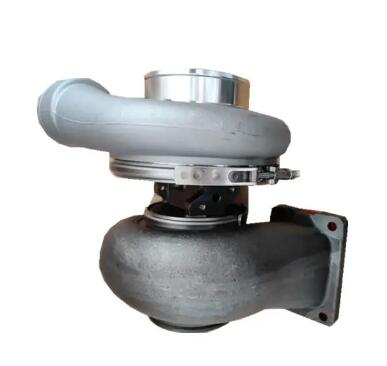Excavator Hydraulic System: Common Faults and Prevention Guide
The hydraulic system is the heart of an excavator, enabling precise movements and efficient operation. However, frequent faults in this critical system can disrupt workflows and increase maintenance costs. This guide identifies common hydraulic system issues, their causes, and practical prevention methods to help operators maintain optimal equipment performance.
1. Common Hydraulic System Faults
Hydraulic Fluid Contamination
Symptoms: Sluggish system response, increased wear, or system failure.
Causes: Dirt, water, or air entering the hydraulic fluid.
Impact: Reduced efficiency and increased wear on pumps, valves, and cylinders.
Overheating
Symptoms: Reduced machine performance and possible system shutdown.
Causes: Prolonged operation under heavy loads, low fluid levels, or clogged filters.
Impact: Degradation of hydraulic fluid and damage to system components.
Pressure Loss
Symptoms: Weak lifting or digging power and irregular system operation.
Causes: Leaks in hoses or connections, damaged seals, or worn pump components.
Impact: Inability to perform tasks efficiently and increased energy consumption.
Pump Failure
Symptoms: Unusual noise, vibrations, or complete system shutdown.
Causes: Contaminated fluid, excessive heat, or mechanical wear.
Impact: Major downtime and high repair costs.
2. Preventive Measures for Hydraulic System Maintenance
Regular Fluid Checks and Replacements
Use high-quality hydraulic fluid and adhere to the manufacturer’s recommended replacement intervals.
Monitor fluid levels and check for signs of contamination.
Filter Maintenance
Inspect and replace hydraulic filters periodically to prevent dirt and debris from entering the system.
Opt for premium filters with high filtration efficiency.
Inspect Hoses and Connections
Regularly check for leaks, cracks, or loose fittings.
Replace damaged hoses promptly to prevent further issues.
Temperature Control
Monitor operating temperatures and avoid prolonged use under heavy loads.
Install cooling systems or upgrade existing ones for better heat dissipation.
Scheduled System Inspections
Conduct routine checks on pumps, valves, and cylinders for wear and tear.
Use diagnostic tools to detect early signs of malfunction.
3. Practical Tips for Operators
Train Operators
Ensure operators are trained in hydraulic system best practices, such as avoiding sudden movements and overloading.
Implement a Maintenance Log
Keep detailed records of maintenance schedules and repairs to track system health.
Partner with Reliable Suppliers
Source high-quality hydraulic components and spare parts from trusted suppliers to ensure compatibility and durability.
4. Conclusion
Proper maintenance of hydraulic systems not only reduces downtime but also extends the lifespan of excavators. By addressing common faults proactively and adopting preventive measures, operators can achieve consistent performance and lower operational costs.
About Us
Our company specializes in hydraulic system components and solutions for excavators. We provide high-quality filters, pumps, and other parts designed to enhance system efficiency and durability. With a commitment to excellence and customer satisfaction, we are your trusted partner for construction equipment maintenance. Contact us today to learn more about our products and services.
This is our product page, please check→→Products
You can contact us here→→Contacts
See our article here→→News




